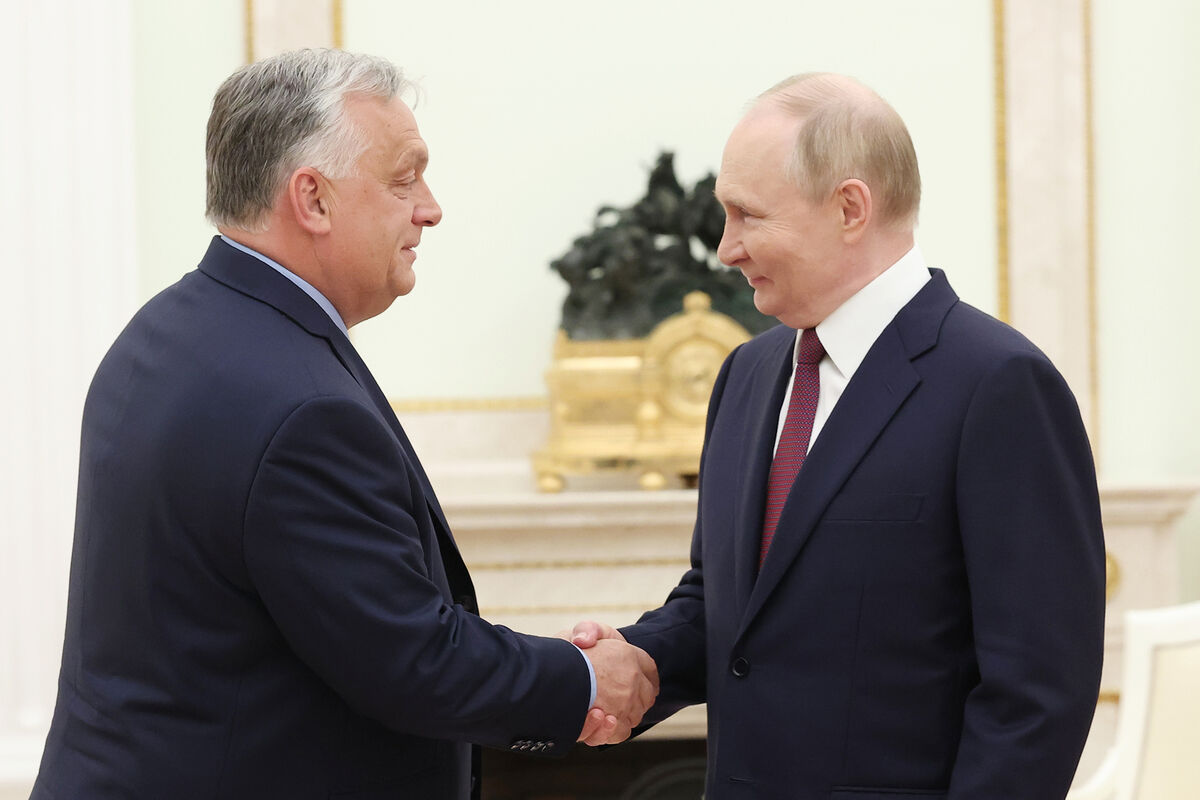Today, Hungarian Prime Minister Viktor Orban arrived in Russia, which happens quite often. The notable thing is that he is making this trip right after visiting Ukraine, which is already an exceptional event, as he has arrived to meet with the Ukrainian President for the first time in many years. The world community expects that the meeting between Orban and Putin will bring some progress in the issue of the Russian-Ukrainian war. Will it be so?
Heads, but not everywhere
Most politicians believe that before engaging in such mediation, the Hungarian Prime Minister is bound by Hungary’s current presidency of the EU Council. However, Orban officially responded that he does not have the right to conduct peaceful negotiations on behalf of the European Union. He revealed this on Friday in a radio interview. The Hungarian presidency of the EU Council on a rotational basis does not give him a mandate for such negotiations.
“I don’t need a mandate because I don’t represent anyone. I just go where there is a war or a threat of war that can affect the European Union or Hungary, and ask questions,” he said, not officially confirming his possible visit to Russia, which was reported by the media the day before.
European Council President Charles Michel reminded that a country holding the EU presidency does not have the authority to interact with Russia on behalf of the entire bloc. He commented on the information that Orban plans to visit Moscow on July 5, a few days after his visit to Kyiv.
And yet
EU High Representative Josep Borrell also noted that Orban’s visit to Russia is carried out on his personal initiative and does not represent the European Union.
And no matter how official speeches may have directed Orban’s visit to Moscow as a simple work trip, it is clear to everyone: first of all, the Hungarian prime minister will voice what he heard from the Ukrainian president. In this way, politicians convey many proposals or conditions that ordinary people will never learn about. Therefore, it can be almost guaranteed with certainty: this case will not be an exception.
Reminder: Hungary began its presidency of the EU on July 1, taking responsibility for organizing the work of the EU Council for the next six months. It is known that Hungary has previously blocked military aid to Ukraine from the EU, the imposition of sanctions against Russia, and the start of negotiations on Ukraine’s accession to the EU.
These events show the complexity and tension in the relationship between Hungary and other EU members, especially in the context of the current war in Ukraine and interactions with Russia.

